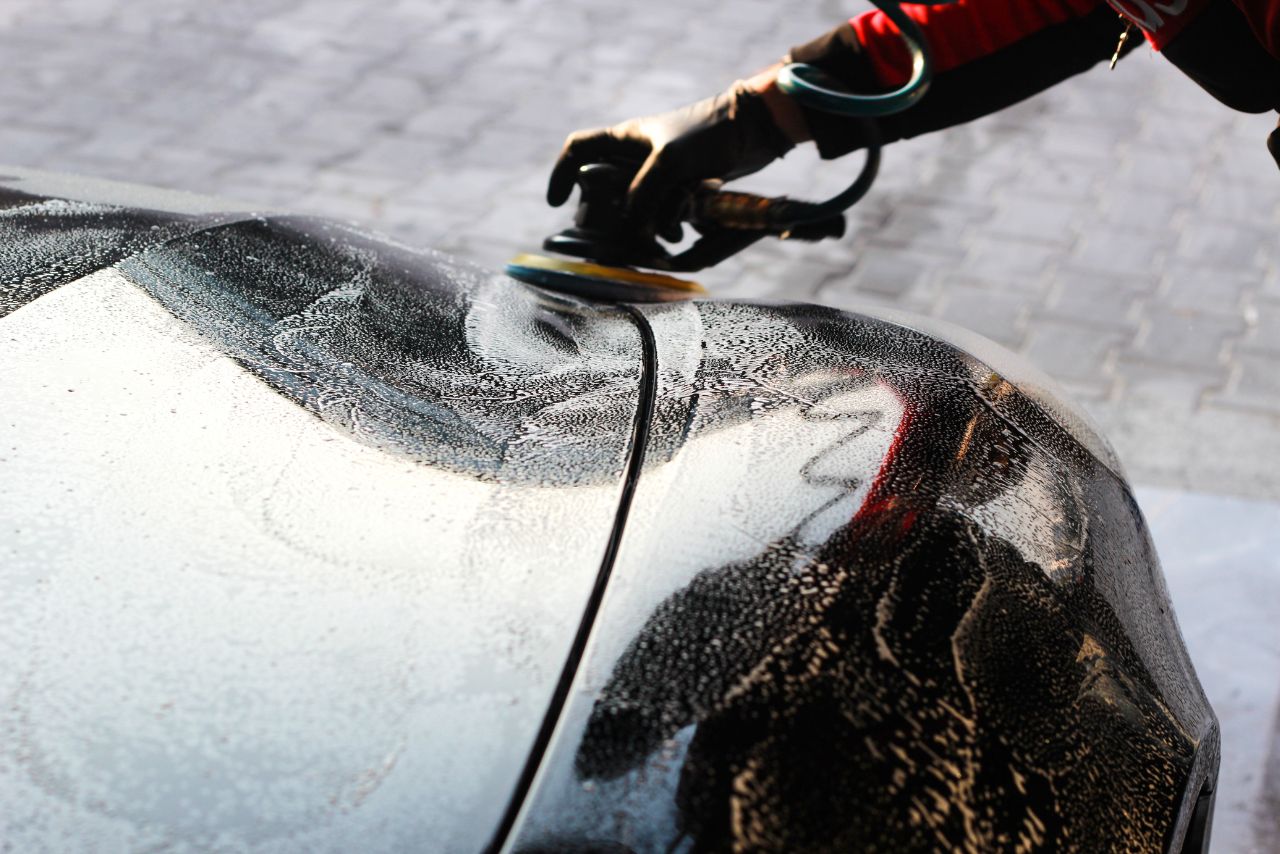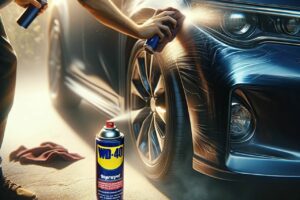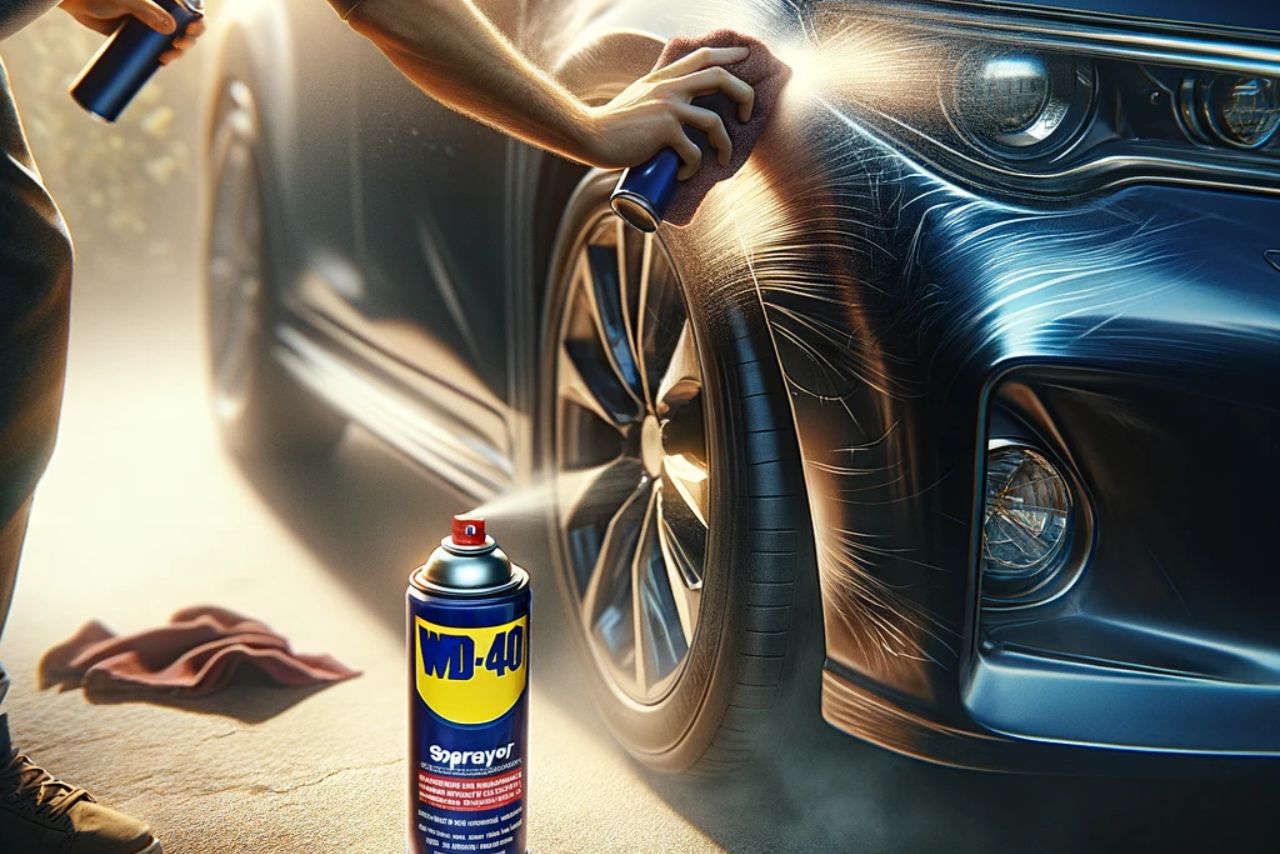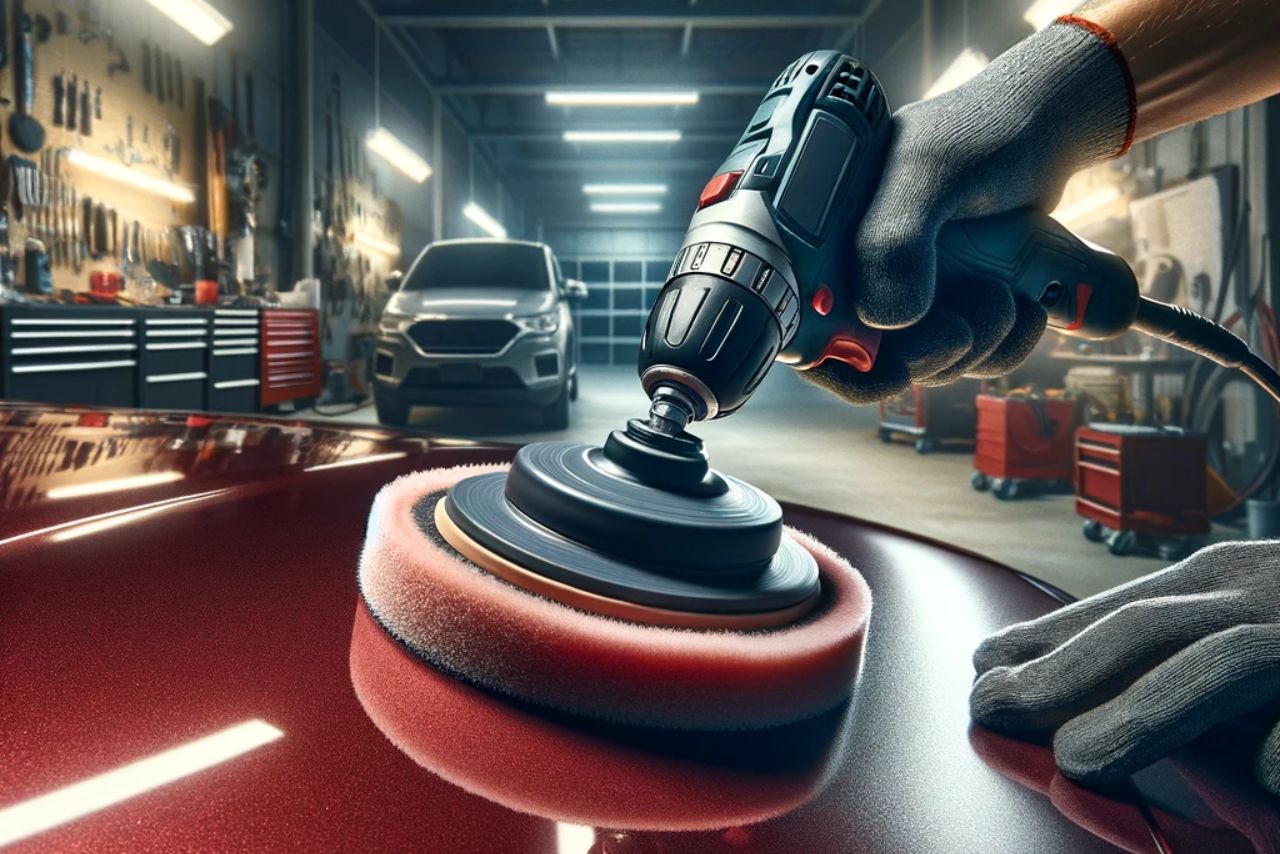Waxing your car is an essential part of its maintenance, helping to protect the paintwork and keep it looking shiny for longer.
The cost of waxing a car can vary depending on several factors, such as the size of your vehicle, the type of wax used, and whether you choose to do it yourself or hire a professional.
How Much Does It Cost to Wax a Car?
On average, if you opt for DIY waxing, you can expect to spend anywhere between $20 and $50 for the necessary supplies. However, if you decide to have your car professionally waxed by an auto detailing service, prices typically range from $100 to $200.
Ultimately, the decision comes down to weighing convenience against budget considerations when determining how much you’re willing to invest in keeping your car’s exterior protected and looking great.
| Waxing Method | Cost |
|---|---|
| Professional full detailing wax service | $100-$200 for a standard sedan $200-$400 for a large truck or SUV |
| DIY with liquid polymer sealant | $20-$40 for a quality polymer wax product |
| DIY with carnauba paste wax | $40-$100 for a high-end paste wax |
| Drive-through car wash wax | $5-$20 additional fee, but provides minimal true wax protection |
Additional details:
Table of contents
Why Waxing Your Car is Important?

Waxing your car may seem like an optional luxury, but it actually plays a crucial role in maintaining its appearance and protecting its paint job. Here are a few reasons why waxing your car is important:
Regular waxing provides more than just aesthetic benefits for your car; it offers essential protection against various forms of damage while enhancing its overall appearance.
With relatively affordable products available in the market today, taking care of this simple maintenance task can go a long way in preserving the look and longevity of your vehicle.
Different Types of Car Wax:

When it comes to waxing your car, there are several different types of car wax available on the market. Each type offers unique characteristics and benefits. Here are some common types of car wax:

It is important to consider factors such as ease of application, longevity, level of gloss desired, as well as budget when choosing a suitable type of car wax for your needs.
Factors Affecting the Cost of Waxing:
When it comes to waxing a car, several factors can influence the cost. Understanding these factors will help you determine how much you should expect to pay for professional car waxing services.
Here are some key factors that affect the cost of waxing:
To get an accurate estimate for your specific needs, consider contacting local automotive detailers who can assess your vehicle’s condition and provide you with a personalized quote based on these factors.
Professional vs. DIY Waxing: Pros and Cons:
When it comes to waxing your car, you have two options: hiring a professional or doing it yourself (DIY). Both approaches have their own pros and cons. Let’s take a closer look:
Professional Waxing
Pros:
- Expertise: Professionals are trained in the art of car detailing and can provide superior results.
- Time-saving: Hiring a professional means you don’t have to spend hours waxing your car yourself.
- Equipment and products: Professionals often use high-quality equipment and specialized products that may yield better outcomes.
Cons:
- Cost: Getting your car professionally waxed can be more expensive compared to doing it yourself.
- Scheduling constraints: You need to find time in your schedule to take your car to the detailer.
DIY Waxing:
Pros:
- Affordability: Doing the job yourself can save money since you won’t be paying for labor costs.
- Convenience: You can choose when and where to wax your vehicle according to your own availability.
- Learning experience: By performing the task on your own, you’ll gain knowledge about proper techniques for future maintenance.
Cons:
- 1) Skill level required – Achieving professional-level results may require practice, as there is a learning curve involved with DIY waxing.
2) Time-consuming – Waxing a car properly takes time, especially if you’re new at it or working on larger vehicles like trucks or SUVs.
3) Lack of specialized equipment – Without access to professional-grade tools, achieving flawless results might be more challenging.
Deciding between professional or DIY waxing depends on factors such as budget, time availability, desired outcome quality, and personal preference.
While professionals offer expertise and convenience at an added cost, opting for the DIY route allows for cost savings but requires investment in learning proper techniques over time
Tips for Finding Affordable Car Waxing Services:
When it comes to finding affordable car waxing services, there are a few key tips that can help you save money without compromising on quality. Consider the following:
Remember, while affordability is important, don’t solely base your decision on price alone; also consider factors like the expertise of the technicians and the quality of products used by each provider.
How to Maintain a Waxed Car?
To ensure that your car’s wax job lasts as long as possible and continues to keep your vehicle looking shiny, follow these simple maintenance tips:
By following these maintenance steps regularly, you’ll be able to preserve the protective wax layer on your car’s paintwork, keeping it looking shiny and well-protected against environmental factors.
Is Waxing a Car Worth It?
Yes, waxing a car is worth it to protect the paint and make the exterior shine. Waxing forms a protective layer on the vehicle’s painted surfaces, guarding against UV rays, environmental contaminants, and water spots. A freshly waxed car will have more depth and reflection in the paint as well.
Waxing two to four times per year is recommended to maintain maximum protection and shine. The cost is relatively affordable for most vehicle owners.
The benefits waxing provides in terms of paint protection and enhanced appearance make it a worthwhile investment.
How Much Should a Wax Job Cost?
A full wax job from an auto detailing shop will generally cost $100-$200 for a standard sedan. Larger vehicles like trucks and SUVs may be $200-$400. The cost depends on the location, level of detail, and materials used.
For DIY waxing at home with a polymer sealant, you can expect to pay $20-$40 for a quality liquid wax product.
Carnauba paste waxes are more expensive at $40-$100. Always follow the manufacturer’s instructions to ensure proper application and duration of protection.
How Long Should Car Wax Last?
With a full wax job from a professional detailer, you can expect the wax protection to last 2-4 months on average. Wax applied in ideal conditions (not too hot, out of direct sunlight, on a perfectly cleaned surface) and using a high-quality wax product will tend to last the longest.
For DIY wax jobs, longevity may be less, around 1-3 months. This depends on the wax product used, how many coats are applied, and how perfectly it is applied.
Environmental factors like exposure to sun and pollutants impact longevity as well.
Regular washing also helps maintain the wax coat. Reapplying wax 2-4 times per year is recommended for the best protection and shine.
Is It Worth It to Pay for Wax at A Car Wash?
Paying extra for wax at a drive-through automatic car wash is generally not worth the cost. The liquid wax applied by the machines provides minimal protection or shine, lasting at best 1-2 weeks. It essentially provides no notable benefit.
Full service or detail shops that hand apply wax and sealants as part of a complete detailing package can be worthwhile. The products and application process will be much higher quality than a drive-through wash wax option.
Paying a bit more for true wax protection on occasion is recommended versus the car wash upcharge.
How Often Should You Wax Your Car?
The frequency with which you need to wax your car depends on a number of factors, including the climate you live in, how often you drive your car, and the type of wax you use. In general, it is recommended to wax your car every 2-3 months.
However, if you live in a harsh climate or drive your car frequently, you may need to wax it more often.
Watch this video for more detail:
Conclusion and final thoughts 💭
The cost of waxing a car can vary depending on various factors. From our research and analysis, we have found that the average cost of waxing a car ranges between $50 to $150.
However, it is important to note that this price can be influenced by the size and condition of your vehicle, as well as the type of wax and detailing service you choose.
When considering how much it costs to wax your car, it’s essential to weigh the benefits against the expenses involved.
Waxing not only enhances your car’s appearance but also provides protection against environmental elements such as UV rays and pollutants.
Regularly applying wax can help prevent paint damage and maintain your vehicle’s resale value.
Latest Posts:
- Can WD-40 Remove Scratches on Cars? (Hint: Yes, but…)
- Can You Use a Drill to Polish Your Car? (We Tried it Out!)
- Should You Cover Car Scratches With Stickers? (REVEALED!)
- Buick Service Stabilitrak: (Causes & 100% Guaranteed Fix!)
- Common Holden Trax Problems (Causes & 100% Proven Fixes!)
- Jeep Commander Transmission Over Temp: (Guaranteed Fix!)











Leave a Reply